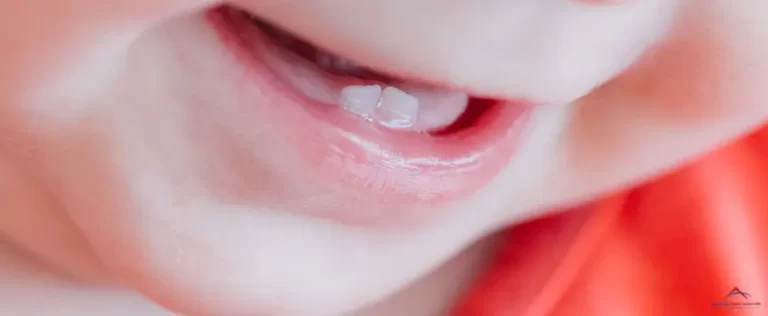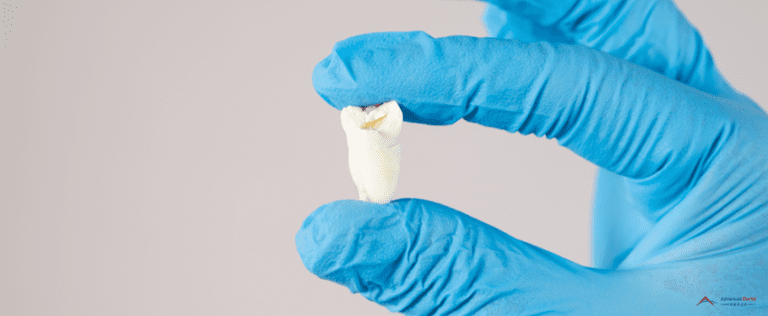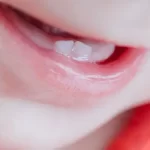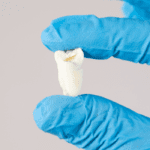Many studies have recommended brushing your teeth twice a day. Although many are aware of this, some are still unsure which method is best to maintain good oral care.
Choosing between an electric vs. manual toothbrush is one of the puzzling pieces of the great oral care conundrum. If you are wondering what type of toothbrush to use, let us walk you through the electric toothbrush vs manual toothbrush pros and cons.
Electric Toothbrush: Pros and Cons
Pros of Choosing an Electric Toothbrush
The main advantage of an electric toothbrush vs. manual toothbrush is the automatic vibration that effectively removes plaque buildup through micro-movements. A study conducted by the Oral Health Group shows that using an electric toothbrush for three months removes 21 percent of plaque buildup.
An electric toothbrush is beneficial for children and people with mobility problems. People with arthritis and carpal tunnel syndrome may also find this toothbrush helpful in reaching places in the mouth that can be painful to brush.
Teaching your children to brush their teeth can also be a fun bonding experience with an electric toothbrush. Aside from being engaging, studies have shown that an electric toothbrush helps people focus, improving the potential for healthier teeth.
While an electric toothbrush has bristles that are safe for your gums and enamel and can effectively promote your overall oral health, it also has its downsides.
Cons of Choosing an Electric Toothbrush
The biggest disadvantage of an electric vs manual toothbrush is its expensive price. The price range of a new electric brush with packs of replacement heads can vary from 10$ up to 250$; like regular toothbrushes, electric toothbrushes need replacing every two to three months. Finding the right replacement heads can also be a hassle. And don’t forget about batteries.
If you are using a plug-in version, your bathroom sink must have a safe and reliable power supply. As electric toothbrushes require electricity or batteries, they may be less environmentally friendly than manual toothbrushes.
Manual Toothbrush: Pros and Cons
Pros of Choosing a Manual Toothbrush
While manual toothbrushes do not have fancy features compared to electric toothbrushes, they still effectively keep your teeth clean and healthy. In fact, even if you have an electric toothbrush on your sink, you may still want to have a manual toothbrush.
Because it is slim and handy, a manual toothbrush is more travel-friendly. If you plan to travel to places with no electricity, a traditional toothbrush is more logical to use.
Manual toothbrushes are also everywhere, from grocery stores, gas stations, pharmacies, even flea markets. You can buy them anywhere in different sizes and at a lower price.
While some people prefer how an electric brush does the work for them, some find a manual toothbrush easier to use as they can better control the speed and pressure when brushing.
Cons of Choosing a Manual Toothbrush
Although a manual toothbrush is portable and affordable, its improper use can cause tissue abrasions in the mouth. More people are likely to underestimate their strength and tend to brush their teeth too hard.
Apart from that, as there is no built-in timer like in some electric toothbrushes, some might find it difficult to follow the recommended two minutes of brushing each session.
Dental Care for Children
Experts recommend using brushes with soft bristles and small toothbrush heads for kids. Remind them not to swallow and spit out their toothpaste.
With all the electric toothbrush vs manual studies, it all comes down to encouraging your kids to brush their teeth regularly and be with them every step of their dental care journey.
Why Brush Your Teeth?
Brushing your teeth after a meal is one way to remove the food stuck between your gums and teeth that forms white bacterial films known as plaque. Neglecting dental routine allows the bacteria in plaque to produce acids that break down tooth enamel, forming cavities. In worse cases, plaque hardens into tartar, which is more difficult to remove.
Tartar buildup can also result in gum diseases, don’t wait and visit your dental professionals right away if you find tartar forming on your gums. Regular teeth cleaning also helps keep tartar away.
When to Brush Your Teeth?
Having a fixed schedule for brushing your teeth is important to establish a regular dental routine.
While most people commonly brush their teeth every morning and right before bedtime, experts recommend brushing teeth before your first sip of coffee or just after you jump out of bed. This washes off plaque-forming bacteria that has formed in your mouth as you sleep that causes “morning breath.”
But if you have already eaten your breakfast, the American Dental Association advises waiting 30 to 60 minutes before brushing to avoid tampering with your tooth enamel.
Maintaining Good Oral Health
Recent studies have shown that brushing your teeth more than twice a day and setting an oral care routine can prevent severe gum infections.
Here are some tips that you can add to your list to keep your mouth healthy:
- Use a toothbrush with soft bristles when brushing your teeth. You may also need to consider the different effects between electric vs. manual toothbrushes on your teeth, but be consistent in your oral care.
- Remember to brush your teeth all the way to the back of your molars and along your gum line where plaque forms.
- Use dental floss every day before going to bed or after waking up. Flossing helps dislodge food in your teeth that your toothbrush can’t reach.
- Rinse with mouthwash after brushing and flossing to remove bacteria hiding in the corners of your mouth. Using mouthwash daily also stimulates the production of saliva- the natural germ protection of your mouth.
- Be mindful of your diet. As much as possible, limit your intake of sugary food and drinks.
Schedule a Dental Checkup Today!
Regardless of the electric vs manual toothbrush argument, the most important thing to remember is to be consistent with your dental care regimen.
Advanced Dental Group is here to connect you with professionals that can guide you towards the best oral care routine. Contact our team today! We’ll make sure to respond to your inquiries in no time.





